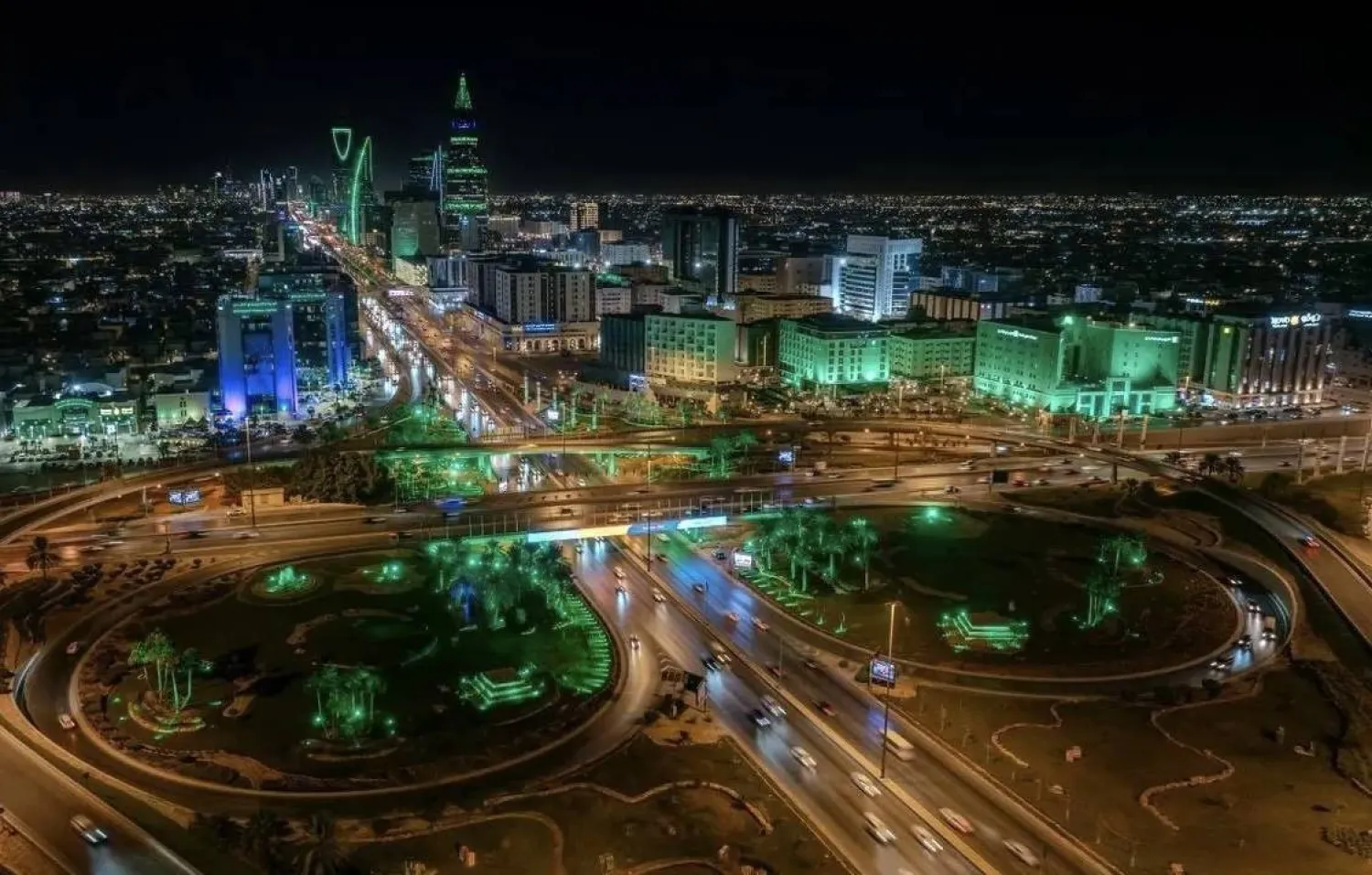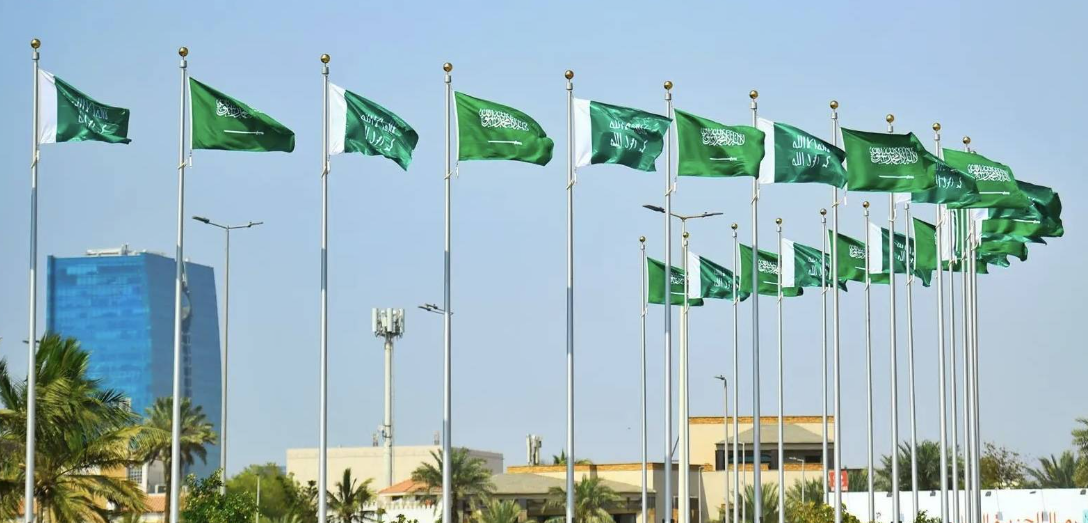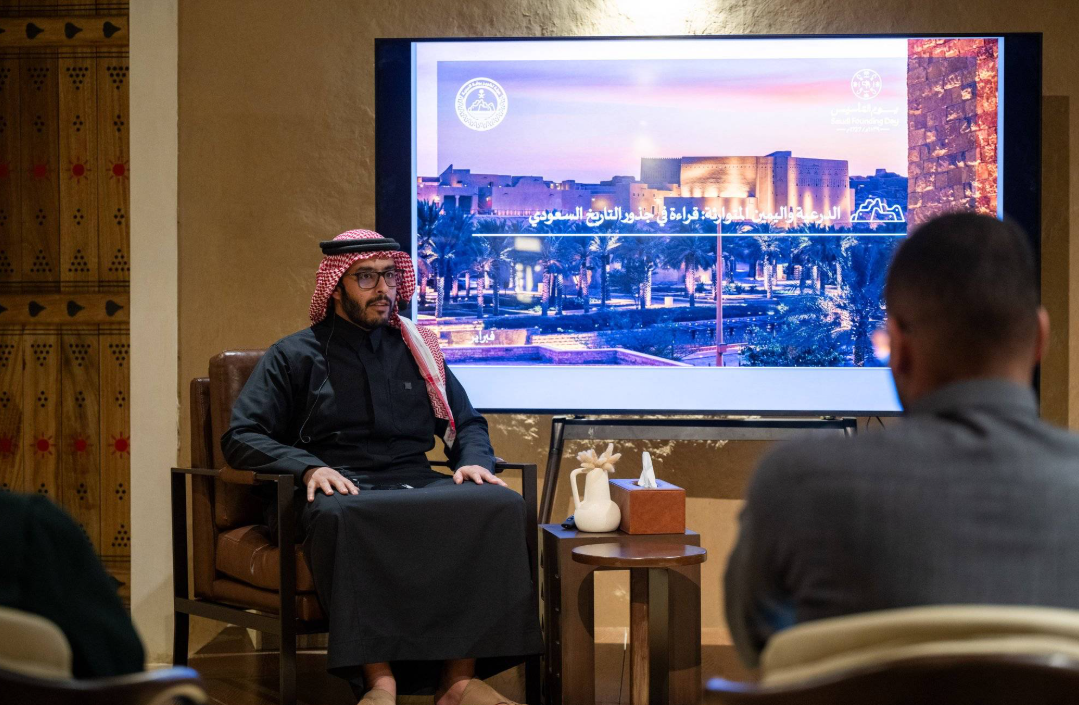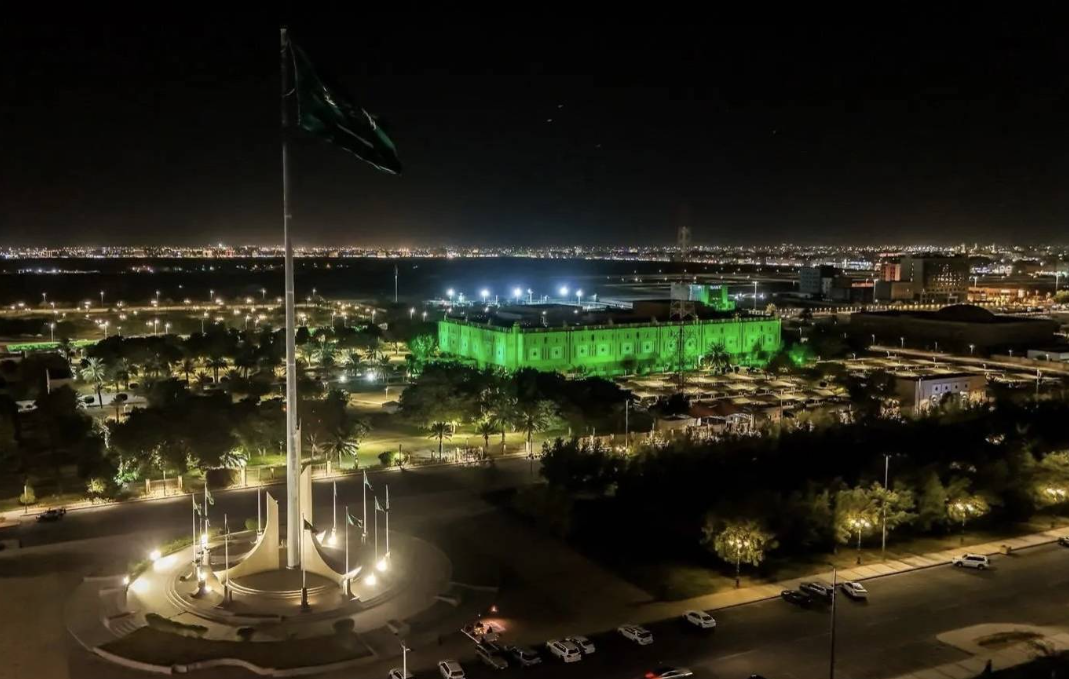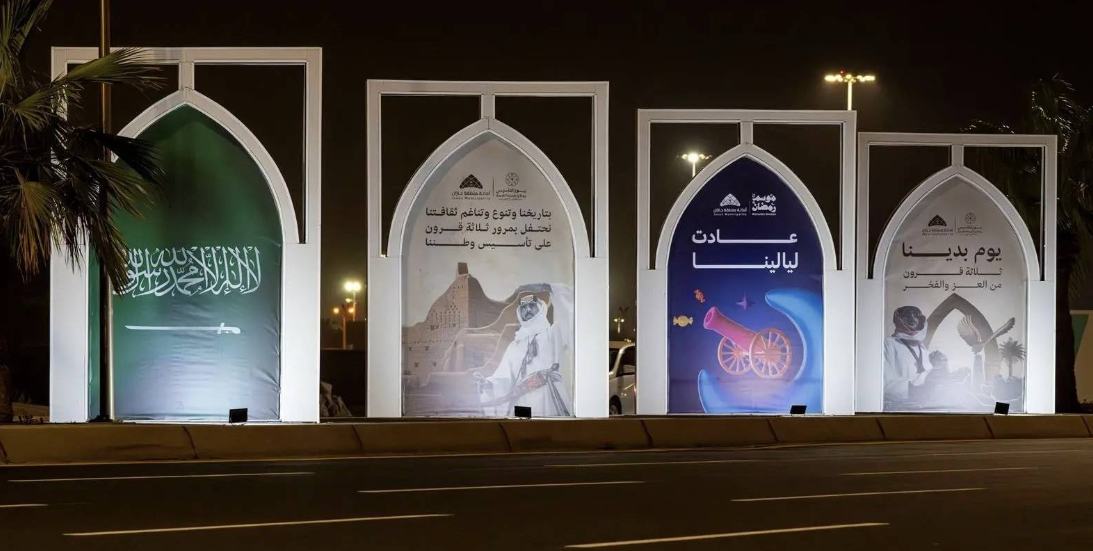Lebanese Health Minister Hamad Hasan said every Lebanese has the right to return home. His comments came in reply to measures taken to allow 400 Lebanese students who are supposed to return from Iran through the Damascus airport reaching the Masnaa border crossing between Lebanon and Syria.
"Every Lebanese citizen has the right to return to his country, no matter in which state he resides around the world," he said, citing Lebanon's constitution.
Residents of nearby areas say they are afraid of the info blackout over the matter. They criticized the lack of procedures, especially not demanding the arrivals to were masks and gloves. Residents also did not hide their lack of confidence in the measures taken by the Ministry of Health, and their fear of the virus' spread, while others mocked statements claiming that the travelers coming to the country from Iran were all students.
They noted that only a few of them were young and that most of them were above the age of 40, in addition to elderlies. Others who were at the border crossing said that some of them were not even Lebanese.
Nasser Abou Zeid, the mayor of the town of Majdal Anjar which is adjacent to Masnaa said to Asharq Al-Awsat: “The Lebanese government does not allow those returning from Iran to enter Lebanon through the airport, only to facilitate their entry through the Syrian border. This issue is stirring controversy; they should not be allowed to come in from anywhere”.
Regarding claims that there were none-Lebanese among the arrivals, the mayor said: “Of course, we saw many Iranians and Pakistanis and others carrying various passports who are sent by Iran to Syria. He said they have always entered through the Masnaa crossing under protection, long before the outbreak. They usually entered after midnight and in large numbers.
They used to come in buses whose passengers are unknown. Approaching them is forbidden, and no one reviews the regulations that are prepared for their entry. It is said that most of the passengers on these buses enter Lebanon to take part in Hezbollah's training camps. Abou Zeid demands that "these people be quarantined for the necessary and well-established period as they are subjected to laboratory tests, otherwise the disaster will take place soon”.
Joseph Ayoub, a public health doctor based in west Bekaa, agrees that the measures being taken by the ministry of health are inadequate.
“The thermometer used to measure the body temperature of those arriving in Lebanon is not precise in the first place, and this measure is not sufficient to confirm whether or not the person is infected. What is most dangerous is the confirming of the absence of the virus. Even the clinical examination is not enough. The only effective technique is available at Beirut Hospital, which conducts laboratory tests that look for the composition of the Coronavirus."
Ayoub warns that “the state is unable to prevent the spread of the virus. The number of beds in West Bekaa and Rachaya hospitals, for example, ranging between 150 to 200 beds is not enough.
However, people’s awareness is encouraging. The majority are avoiding gatherings which bring large numbers of people together. They are also taking the necessary precautions and paying attention to their hygiene. One of the residents told us that “people avoid visiting those returning from Iran and avoid attending funerals, satisfying themselves with expressing their condolences over the phone.






